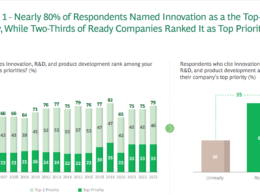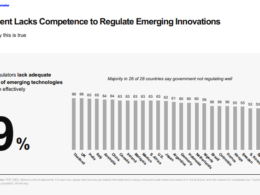the health strategist . institute
research and strategy institute — for continuous transformation
in health, care, cost and tech
Joaquim Cardoso MSc
Chief Researcher & Editor of the Site
March 31, 2023
ONE PAGE SUMMARY
Economic slowdowns, supply chain breakdowns, unprecedented competition for talent, not to mention a plethora of game-changing tech solutions hitting the market: today’s corporates must navigate an intimidating array of challenges
- Add to that a consumer base with ever-growing expectations combined with ever-shrinking loyalty: welcome to today’s hyper-competitive commercial marketplace, where corporates are caught in a constant battle to not only grow but expand their competitive advantage — all with smaller budgets.
- As successive economic data confirms, Europe is unnervingly close to tipping into recession and pressure on company finances throughout the value chain has never been greater.
- Amid such a gloomy economic outlook, corporates traditionally prioritise short-term projects over long, and downscale innovation plans that lack concrete financial benefit.
- Companies become more risk averse, and R&D projects with their unpredictable and long-term ROIs become frequent casualties, losing out to traditional, core business activities in the battle for budget allocation.
However, an increasing number of corporates are now leveraging the power of Open Innovation to supercharge their R&D projects and work with smaller, agile startups, allowing them to pioneer new solutions and steal a march on rivals, without losing control of costs.
- Working with Ipsos and INSEAD professors, the authors carried out a comprehensive survey of some 1,648 startups and corporate organisations, both public and private, from 10 European countries to evaluate how the corporate-startup collaboration phenomenon across Europe is evolving.
- The results show that such collaborations are now mainstream.
- Almost 3 in 4 (72%) European corporates that responded to our survey have launched Open Innovation projects with startups.
- Furthermore, two-thirds (67%) rated startup collaboration as Important or Mission Critical for their organisation’s strategy.
The rapidly growing interest in Open Innovation is likely due to a combination of factors, including
- a higher awareness of Open Innovation models and
- a general surge in demand for innovation,
- combined with a new familiarity with collaboration tools since the Covid-19 pandemic normalised remote working.
Open Innovation is no longer simply a marketing exercise. It has become mainstream, already reshaping the products, services and business practices of some of the world’s largest conglomerates.
- A total of 69% of corporates say they want to collaborate with startups within the next 18 months.
Companies that fail to recognise and take advantage of the Open Innovation phenomenon risk finding their most promising potential startup partner already working with their most fierce rival.
ORIGINAL ARTICLE
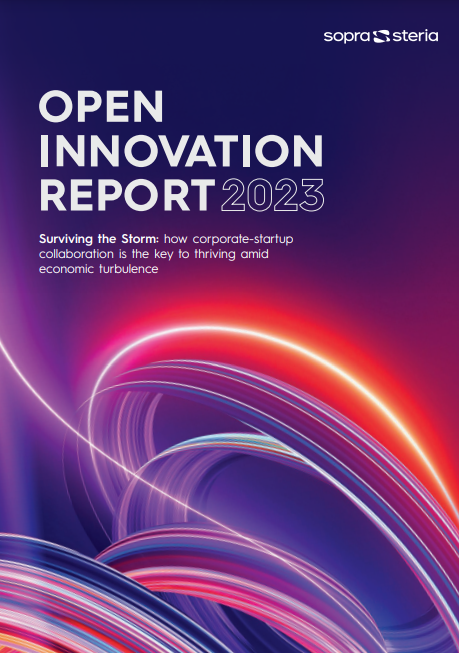
The Open Innovation Report 2023
How corporate-startup collaboration is the key to thriving amid economic turbulence
Corporate-startup collaboration is surging as companies leverage the power of smaller, agile businesses to outsource their R&D projects to innovate as the global economic slowdown squeezes already tight budgets, according to Sopra Steria’s new research.
Open Innovation, where corporates collaborate with dynamic startups to seek out new solutions to their business challenges, has gone mainstream, as new post-Covid 19 working habits and the global economic slowdown change our business reality.
Once a relatively niche phenomenon, open innovation has rapidly become the norm, with almost 3 in 4 (72%) European corporates now running collaboration projects with startups, and two-thirds (67%) rating startup collaboration as Important or Mission Critical for their organisation’s strategy, according to the findings of our new study produced in collaboration with Ipsos and INSEAD.
The data shines a fascinating spotlight on the state of open innovation in Europe and is based on our survey of 1,648 startups and corporates from 10 European countries (UK, France, Italy, Spain, Germany, Sweden, Norway, Belgium, the Netherlands, and Luxembourg, with the three latter countries grouped as Benelux).
72 % of Corporates are operating in Open Innovation projects
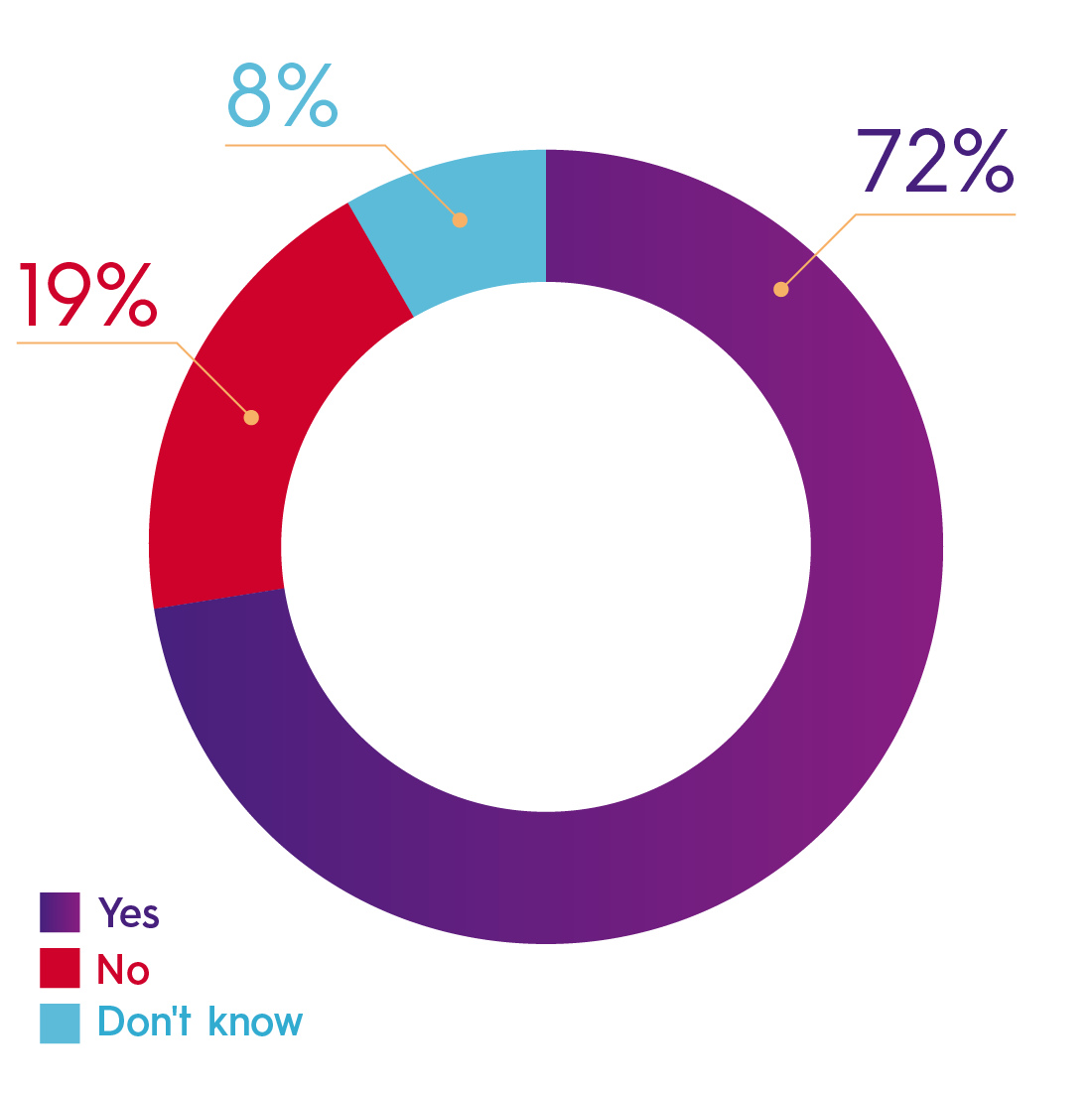
The insight reveals the major factors driving corporates to collaborate, which countries and industries are advancing most rapidly with open innovation revolution — and which are behind the curve.
The Open Innovation Report 2023 key findings
- 50% of corporate-startup collaborations launched during or after the pandemic
- Italy and Benelux show most enthusiasm for open innovation (80%) while Germany shows least (57%), despite Berlin’s position as a leading European startup capital
- 89% of corporates who managed collaborations using a dedicated business unit always achieved their objectives
- 55% of corporates used third-party intermediaries to manage open innovation projects.
Why Open Innovation?
The rapidly growing interest in open innovation is likely from a combination of factors, including a higher awareness of open innovation models, a general surge in demand for innovation combined with a new familiarity with collaboration tools since the covid pandemic normalised remote working.
As successive economic data confirms, Europe is unnervingly close to tipping into recession and pressure on company finances throughout the value chain has never been greater.
Companies traditionally become more risk averse in such a climate, and R&D projects with their unpredictable and long-term ROIs become frequent casualties, losing out to traditional, core business activities in the battle for budget allocation.
69% of Corporates are planning to collaborate with startups in the next 18 months
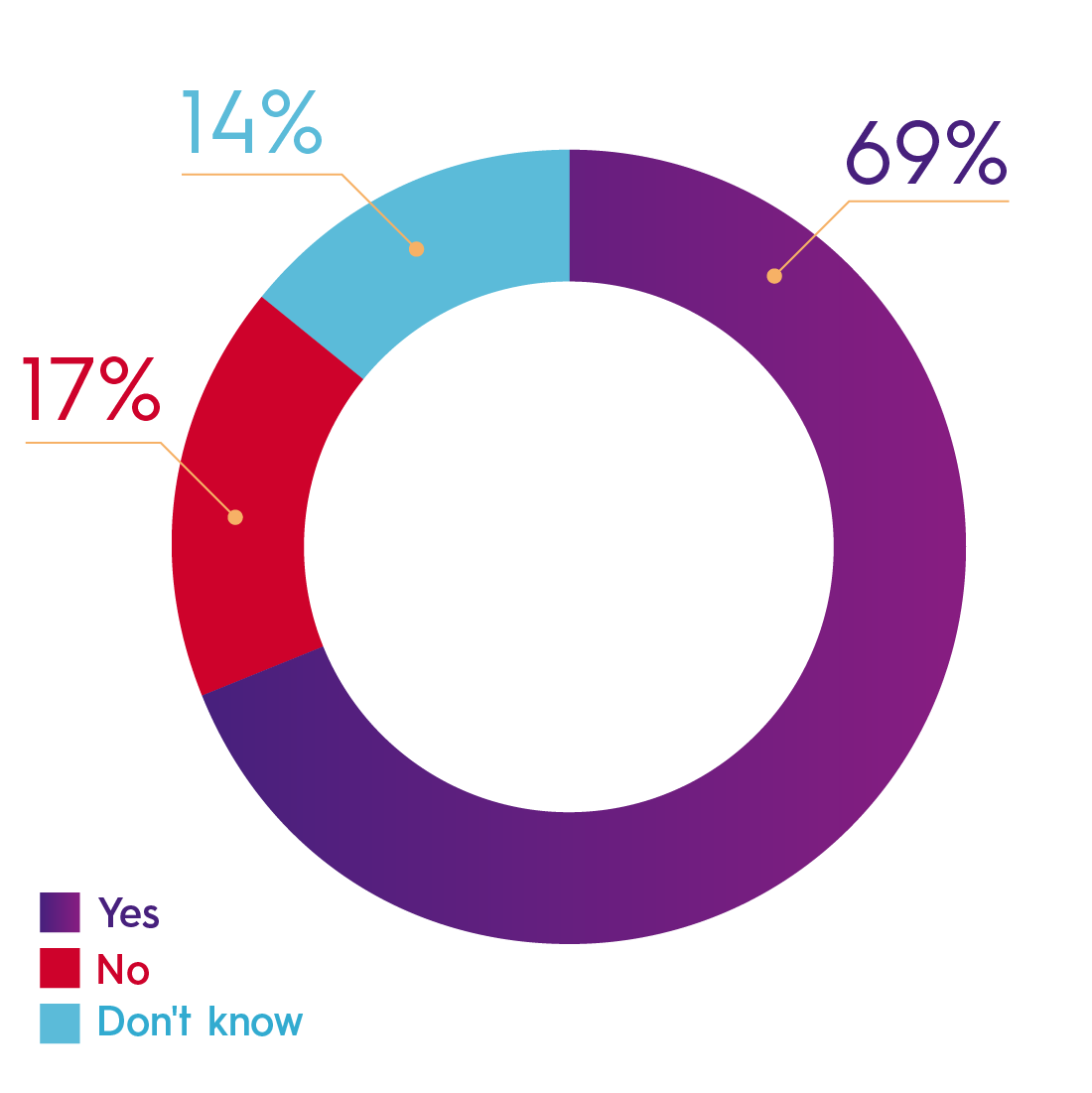
However Open Innovation is emerging as a key mechanism to enable corporates to keep innovation goals on track.
A total of 69% of corporates say they want to collaborate with startups within the next 18 months, while 84% believe in the value of leveraging external knowledge.
For them, open innovation presents a way to uncover unknown business opportunities, create new solutions and also rethink and improve their internal business practices.
The corporate view:
“Startup collaboration is becoming more and more important for us. We can’t build everything ourselves. Working with startups is key to achieving our targets.”
Maria Archontoulis,
Lead Startup Partnerships and Accelerator, DNB
Norway
Meanwhile, for startups, collaboration offers the potential to dramatically drive forward their business, providing a fast track to scale, with a larger, higher-profile partner with resources.
Corporate-startup collaboration trends
- Collaboration is most popular in the aerospace industry with 100% of corporates having already collaborated with startups
- The desire to discover unknown business opportunities is the most popular objective driving corporates to work with startups (46%)
- The biggest blockers to collaboration were perceived incompatibilities between corporates and startups due to legal and regulatory issues (14%) and low risk tolerance (13.7%)
- Sustainability, Artificial Intelligence and Cybersecurity are the top three topics corporates aim to explore in collaboration with startups
The startup view:
“The cycles of decision-making take up to a year within the big corporations. When you know that a startup should gather funds every 18 months, it becomes complex to match these two, very different, timelines.”
The report includes case studies and insights from the corporate and startup worlds, a breakdown of pitfalls to avoid when launching a collaboration for the first time and a checklist of the keys to managing a successful open innovation collaboration project.
Carrot and stick
Open innovation is no longer simply a marketing exercise, it has become mainstream, already reshaping the products, services and business practices of some of the world’s largest conglomerates.
Corporates which fail to recognise and take advantage of the open innovation phenomenon, risk finding their most promising potential startup partner, now working with their most fierce rival.
Originally published at https://www.soprasteria.com on March 30, 2023.









